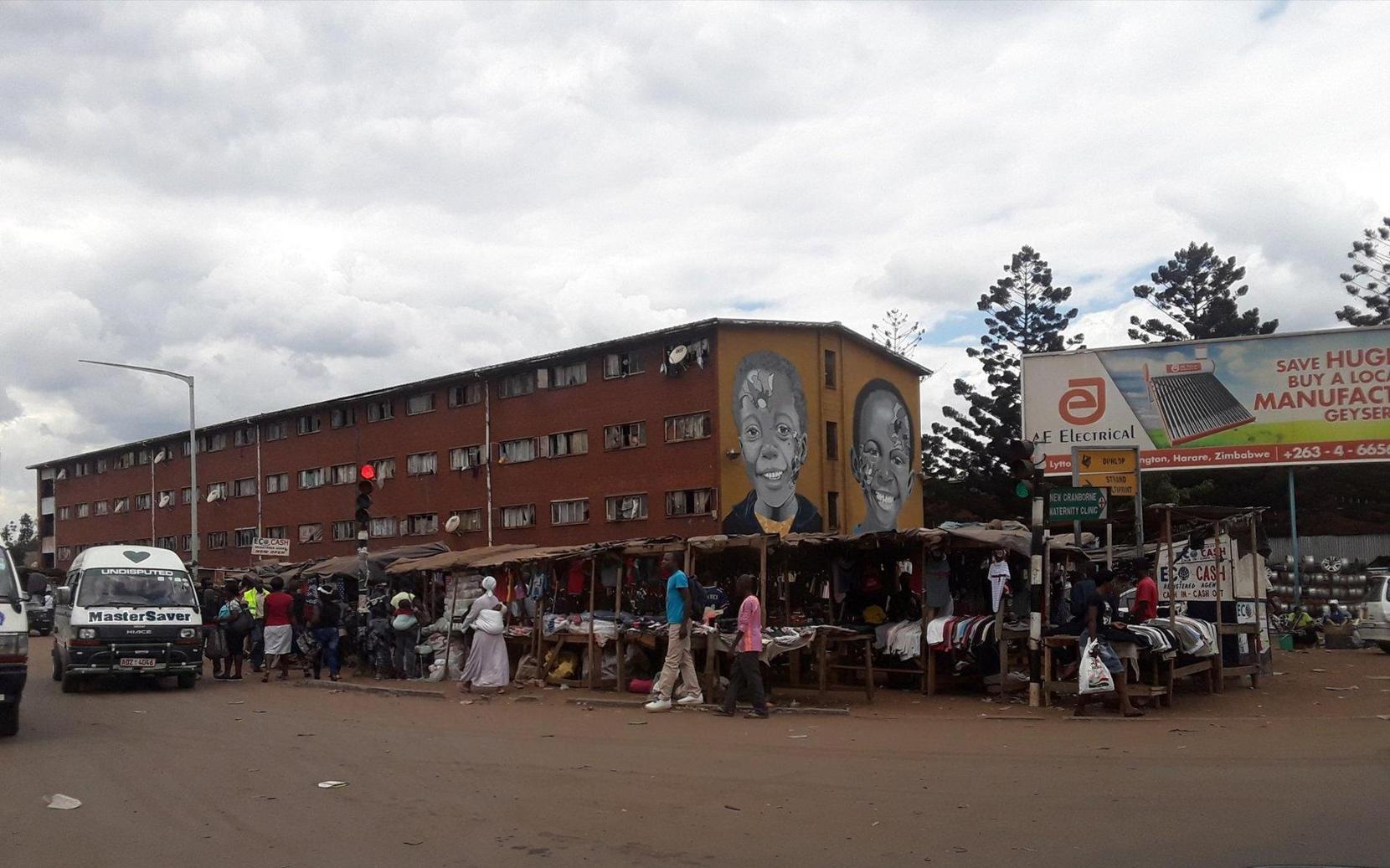Africa-Press – Zimbabwe. The African Development Bank (AfDB) has estimated that Zimbabwe is losing between US$7.5 billion and US$8 billion in tax revenue annually due to the rapid growth of its informal sector.
In light of this, the AfDB is urging the Government to accelerate formalisation efforts or adopt effective revenue collection mechanisms targeting this segment.
Zimbabwe’s business environment is overwhelmingly dominated by micro, small, and medium-sized enterprises (MSMEs), which account for approximately 90 per cent of all businesses. T
hese MSMEs are especially active in agriculture, mining, and the wholesale and retail sectors. As of 2022, they employed roughly 56 per cent of the national workforce and contributed about 30 per cent to GDP.
In contrast, large-scale enterprises remain few and employ only around 12 per cent of workers.
The AfDB warned that intense competition from the informal sector, combined with high operational costs, continues to undermine the viability of formal wholesale, retail, and manufacturing businesses.
It also identified regulatory bottlenecks, including complex permitting processes, licensing delays, and burdensome compliance requirements, as key drivers of informality and obstacles to broadening the tax base.
Speaking at the launch of Zimbabwe’s 2025 Country Focus Report in Harare midweek, AfDB Principal Country Economist Kelvin Banda said:
A narrow tax base, a large informal sector and limited tax administration capacity continue to hinder domestic resource mobilisation.
Zimbabwe has the potential to generate about $7,5 to $8 billion annually if the informal sector is formalised or resources are mobilised from it. That amount is significant relative to the country’s GDP.
Thus, this represents a strategic opportunity for Zimbabwe to leverage by transforming or investing in the business sector.
Sehliselo Mpofu, Director of the Macroeconomic Management Programme at the Macroeconomic and Financial Management Institute of Eastern and Southern Africa (MEFMI), stressed the need for authorities to urgently and systematically address informalisation in order to broaden the tax base. She said:
The informal sector is expanding while the formal sector is shrinking and it’s difficult to generate revenue from the informal sector.
Authorities need to work hard on this. Many see formalisation as a threat, equating it with increased taxation and charges on their small earnings.
So, education is critical so that these individuals understand the benefits of formalising, because, at present, they believe formalisation means paying daily taxes and fees, which can wipe out their small profits.
For More News And Analysis About Zimbabwe Follow Africa-Press






